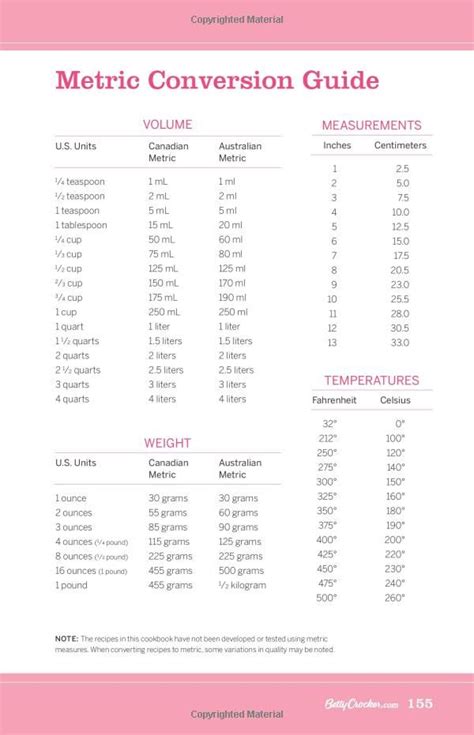How Many Quarts Is 50 Pounds
Webtuts
Apr 02, 2025 · 4 min read

Table of Contents
How Many Quarts is 50 Pounds? A Comprehensive Guide to Weight and Volume Conversions
Converting weight (pounds) to volume (quarts) isn't a straightforward calculation like converting between metric units. This is because the volume a given weight occupies depends entirely on the density of the substance. A 50-pound bag of feathers will take up significantly more space than a 50-pound bag of lead. Therefore, answering "How many quarts is 50 pounds?" requires knowing what substance you're dealing with.
This article provides a detailed exploration of this conversion, covering different scenarios, explaining the principles involved, and offering practical examples to help you confidently tackle similar conversions in the future.
Understanding Density: The Key to Weight-Volume Conversion
Density is a crucial property of matter that expresses the relationship between mass and volume. It's defined as mass per unit volume and is typically measured in units like grams per cubic centimeter (g/cm³) or pounds per cubic foot (lb/ft³). The formula is:
Density = Mass / Volume
To convert weight (mass) to volume, we need to rearrange this formula:
Volume = Mass / Density
This means that if we know the weight (mass) of a substance and its density, we can easily calculate its volume.
Converting 50 Pounds to Quarts: Different Substances, Different Results
Let's explore a few common examples to illustrate the variability in volume for a 50-pound weight:
1. Water: A Common Benchmark
Water is often used as a reference point for density calculations. The density of water varies slightly with temperature and pressure, but a commonly used approximation is 8.34 pounds per US gallon. Since there are 4 quarts in a gallon, the density of water is approximately 2.085 pounds per quart (8.34 lb/gal / 4 qt/gal).
Therefore, to find the volume of 50 pounds of water in quarts:
Volume (quarts) = Mass (pounds) / Density (pounds/quart)
Volume (quarts) = 50 pounds / 2.085 pounds/quart ≈ 24 quarts
So, approximately 24 quarts is equivalent to 50 pounds of water.
2. Milk: Slightly Denser than Water
Milk is slightly denser than water. Its density varies depending on the fat content, but a reasonable approximation is around 8.6 pounds per gallon. This translates to roughly 2.15 pounds per quart.
Using the same formula:
Volume (quarts) = 50 pounds / 2.15 pounds/quart ≈ 23.26 quarts
Approximately 23.26 quarts of milk would weigh 50 pounds.
3. Gasoline: Less Dense than Water
Gasoline is less dense than water. Its density varies depending on the composition, but a typical value is around 6.073 pounds per US gallon, or approximately 1.52 pounds per quart.
Volume (quarts) = 50 pounds / 1.52 pounds/quart ≈ 32.89 quarts
About 32.89 quarts of gasoline would weigh 50 pounds.
4. Sand: A Variable Density
The density of sand is highly variable, depending on its grain size, moisture content, and compaction. It can range from approximately 90 to 110 pounds per cubic foot. To convert cubic feet to quarts, we use the conversion factor of 29.92 quarts per cubic foot.
Let's assume a density of 100 pounds per cubic foot:
First, convert pounds to cubic feet:
Volume (cubic feet) = 50 pounds / 100 pounds/cubic foot = 0.5 cubic feet
Then convert cubic feet to quarts:
Volume (quarts) = 0.5 cubic feet * 29.92 quarts/cubic foot ≈ 14.96 quarts
This shows that 50 pounds of sand could occupy as little as approximately 15 quarts, depending on its density. A drier, more compacted sand will have a higher density and smaller volume.
5. Other Substances: The Importance of Specific Gravity
For many other substances, you'll find their density listed in terms of specific gravity. Specific gravity is the ratio of the density of a substance to the density of water. Since we know the density of water, we can easily calculate the density of the substance.
For example, if a substance has a specific gravity of 1.5, it means its density is 1.5 times the density of water. You would then multiply the density of water (in your chosen units) by 1.5 to get the substance's density.
Example: Mercury
Mercury has a specific gravity of approximately 13.6. Therefore, its density is 13.6 times the density of water. This means a 50-pound quantity of mercury would occupy a much smaller volume than 50 pounds of water.
Practical Applications and Considerations
Understanding weight-to-volume conversion is crucial in various fields:
- Cooking and Baking: Converting ingredients from weight to volume is common in recipes.
- Shipping and Logistics: Calculating shipping costs often involves both weight and volume.
- Engineering and Construction: Accurate calculations of material quantities are essential.
- Chemical and Pharmaceutical Industries: Precise measurements are critical for safety and quality.
Conclusion: Always Consider Density
The question "How many quarts is 50 pounds?" doesn't have a single answer. The volume occupied by 50 pounds of a substance is entirely dependent on its density. Remember to always consider the density of the material when performing this type of conversion. Using the formulas and examples provided in this guide, you can accurately determine the volume of various substances given their weight and density. This skill is invaluable in many practical situations. Remember to always consult reliable sources for accurate density data.
Latest Posts
Latest Posts
-
How Many Days Until December 23rd
Apr 03, 2025
-
What Date Is 17 Weeks From Today
Apr 03, 2025
-
What Day Will It Be 6 Months From Now
Apr 03, 2025
-
How Long Was 47 Weeks Ago
Apr 03, 2025
-
How Many Days Until The End Of 2024
Apr 03, 2025
Related Post
Thank you for visiting our website which covers about How Many Quarts Is 50 Pounds . We hope the information provided has been useful to you. Feel free to contact us if you have any questions or need further assistance. See you next time and don't miss to bookmark.
